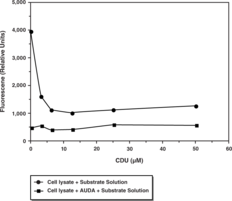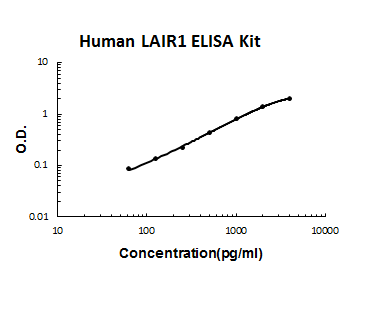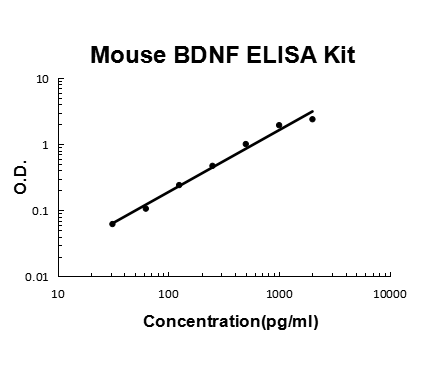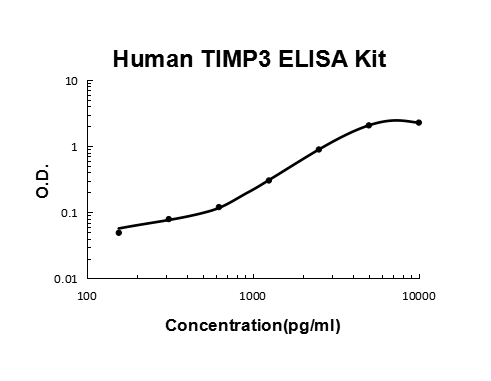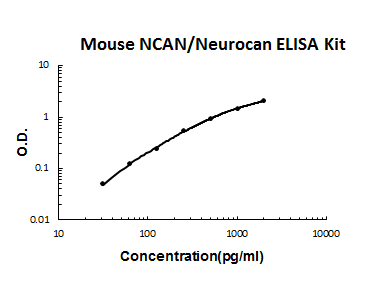Description
Mammalian sEH is a member of the α/β-hydrolase fold family of enzymes that catalyze the hydrolysis of exogenous and endogenous epoxides to vicinal diols. Endogenous substrates for sEH include EETs which exhibit vasodilatory and anti-inflammatory activity. Cayman’s sEH Cell-Based Assay provides a convenient 96-well plate, fluorescence-based method for detecting epoxide hydrolase activity in whole cells. The assay utilizes Epoxy Fluor 7, a sensitive fluorescent substrate for sEH that can be used to monitor the activity of both human and murine enzymes.
Formulation:
Formal name:
Synonyms: Cytosolic Epoxide Hydrolase (CEH)|EPHX2|Epoxide Hydrolase 2|sEH
Host:
Imunogen:
Applications:
Clone:
Purity:
Origin:
Application|Cell-Based Assay||Product Type|Assay Kits|Cell-Based Assays||Research Area|Lipid Biochemistry|Cytochrome P450 Pathways||Research Area|Lipid Biochemistry|Glycerophospholipids|Phosphatidyl Inositol Kinases & Phosphatases
